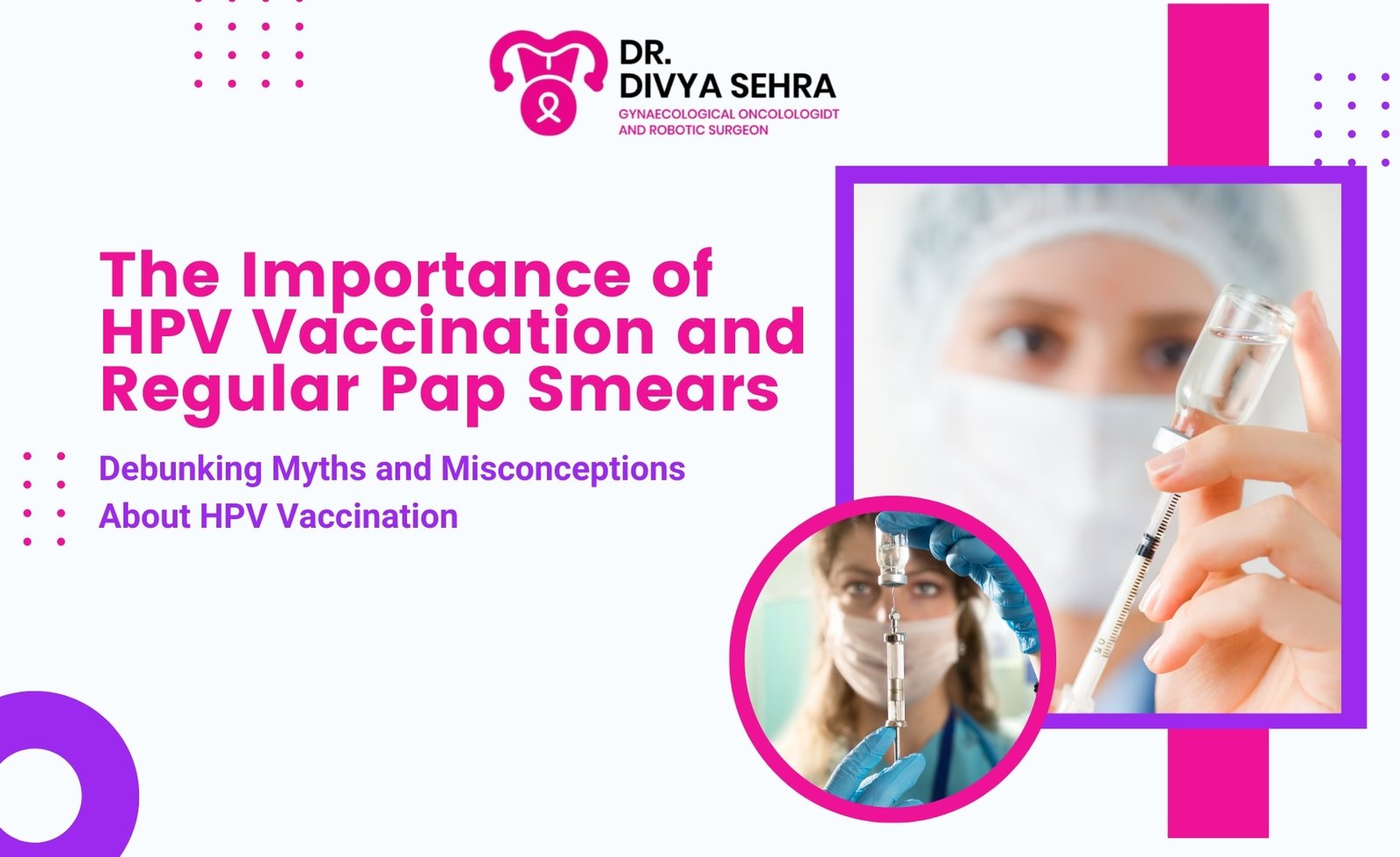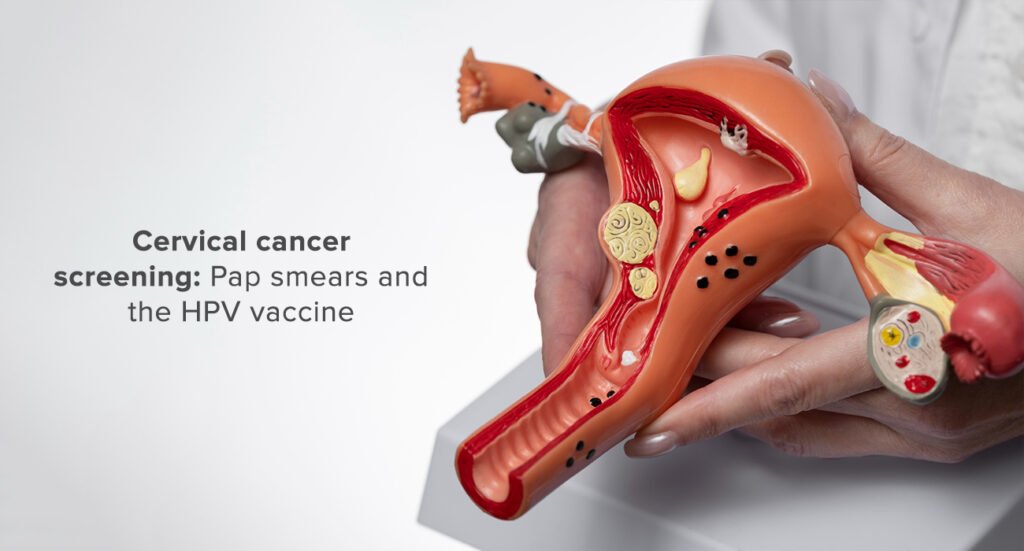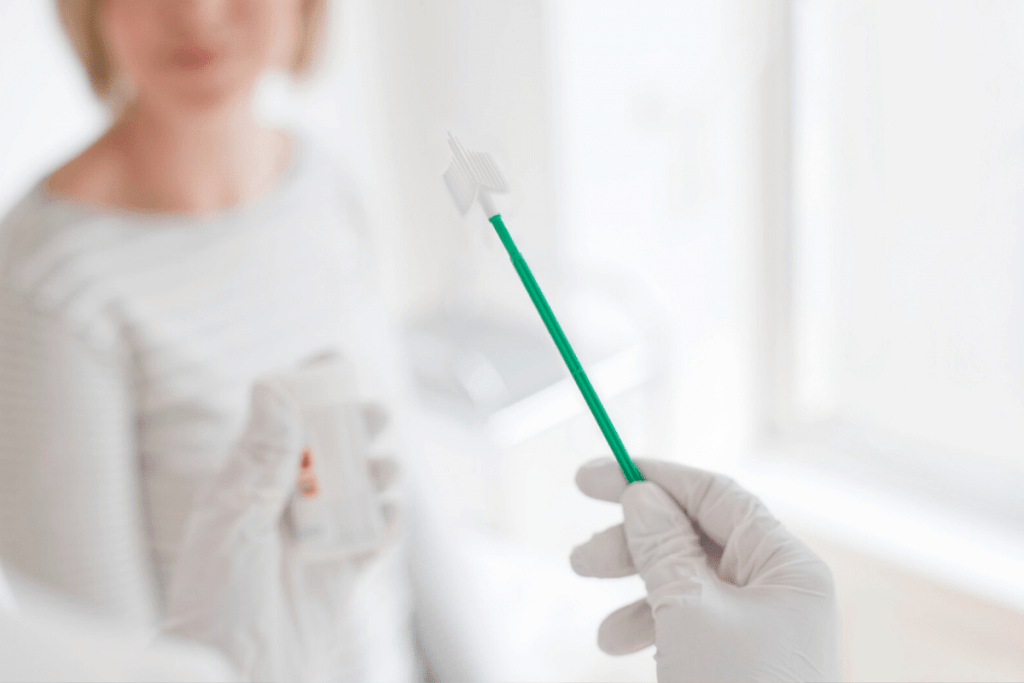
Debunking Myths and Misconceptions About HPV Vaccination
Vaccination programs play a critical role in disease prevention, yet vaccine hesitancy fueled by myths and misinformation continues to pose challenges worldwide. The Human Papillomavirus (HPV) vaccine is a powerful tool in preventing cervical and other cancers, yet misconceptions surrounding it hinder its acceptance. Let’s tackle the myths and uncover the facts with evidence-backed information.
HPV Vaccination - Who, When, and Why?
The HPV vaccine is effective, safe, and recommended for girls starting from ages 9 to 14. It’s crucial to vaccinate school-going girls, but even if missed by age 14, the vaccine can still be administered until age 26. For individuals up to 45 years, vaccination remains an option.
Boys, too, should receive the vaccine, as HPV doesn’t only impact women. HPV can lead to cancers of the oral tract, anus, and other areas in men. Vaccinating both genders before their sexual debut ensures maximum protection and contributes to herd immunity, preventing HPV-related diseases in the community.
Addressing Common Myths About HPV Vaccination
Myth 1 – PAP Smears and Annual Check-Ups Are Enough
Fact: PAP smears detect pre-cancerous lesions but cannot prevent HPV infection itself. HPV vaccination provides primary prevention by targeting the root cause and protecting against multiple cancers.
Myth 2 – HPV Vaccines Are Too New to Trust
Fact: HPV vaccines have been in use for over 15 years and are backed by extensive research and rigorous testing. Millions of doses have been administered globally, with proven safety and efficacy.
Myth 3 – Boys Don’t Need HPV Vaccination
Fact: HPV is not gender-specific. Vaccinating boys helps prevent cancers like those of the oral tract and anus. It also reduces the virus’s spread, benefiting all genders.
Myth 4 – The Vaccine is Ineffective After Sexual Activity Begins
Fact: While vaccinating before sexual debut is optimal, the vaccine still provides benefits to sexually active individuals by reducing the risk of subsequent HPV infections and related diseases.
Myth 5 – HPV Vaccination Promotes Promiscuity
Fact: Studies show no link between HPV vaccination and changes in sexual behavior. Instead, vaccination empowers individuals to prioritize health and adopt responsible practices.


The Importance of Regular Pap Smears and HPV Testing
While HPV vaccination is a cornerstone of cancer prevention, regular Pap smears and HPV testing remain vital for early detection and management.
What Are Pap Smears and HPV Testing?
Pap smears involve collecting cervical cells to detect abnormalities, while HPV testing identifies high-risk strains of the virus. Together, they form a robust defense against cervical cancer.
Why Are These Tests Important?
- Early Detection of Cervical Cancer – Spotting abnormal cells early makes treatment more effective.
- Prevention of Cervical Cancer – Identifying and addressing pre-cancerous changes prevents cancer development.
- Monitoring HPV Status –Regular testing keeps tabs on any potential risks, ensuring timely intervention.
- Peace of Mind – Regular screenings empower individuals to take control of their health.
Who Should Get Tested?
Women should start Pap smears at age 21 and continue every three years if results are normal. Women aged 30+ may consider co-testing (Pap smear and HPV test) every five years.
Overcoming Barriers to HPV Vaccination and Testing
To improve uptake and adherence, we must address challenges:
- Education – Raise awareness about the benefits of vaccination and regular testing.
- Accessibility – Ensure vaccines and screenings are affordable and accessible.
- Support – Provide counseling to alleviate fears about the vaccine and tests.
Conclusion - Protect Yourself and Others
HPV vaccination, combined with regular Pap smears and HPV testing, forms a comprehensive approach to preventing HPV-related cancers. Vaccinating both girls and boys, prioritizing early detection, and addressing barriers can pave the way for a healthier future. Make informed choices today to safeguard your tomorrow.



